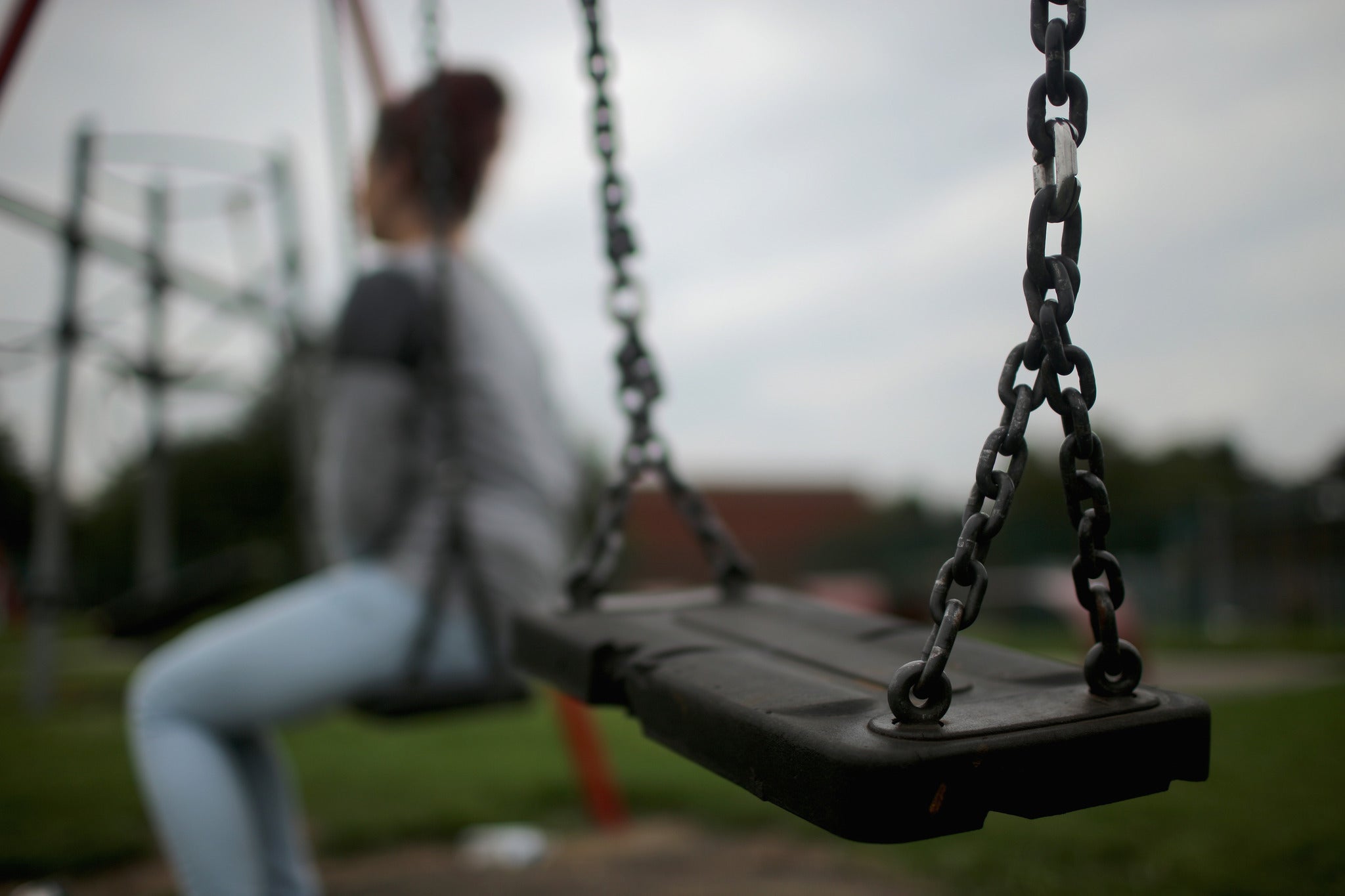When child abuse victims go on to commit crimes, society's sympathy runs out
Those who suffered in childhood are denied compensation if they go on to commit crimes themselves. This morally Victorian practice has to end

Your support helps us to tell the story
From reproductive rights to climate change to Big Tech, The Independent is on the ground when the story is developing. Whether it's investigating the financials of Elon Musk's pro-Trump PAC or producing our latest documentary, 'The A Word', which shines a light on the American women fighting for reproductive rights, we know how important it is to parse out the facts from the messaging.
At such a critical moment in US history, we need reporters on the ground. Your donation allows us to keep sending journalists to speak to both sides of the story.
The Independent is trusted by Americans across the entire political spectrum. And unlike many other quality news outlets, we choose not to lock Americans out of our reporting and analysis with paywalls. We believe quality journalism should be available to everyone, paid for by those who can afford it.
Your support makes all the difference.Recent high profile cases of child sex abuse - whether by fallen celebrities, in care homes or by criminal gangs - have unanimously been met with cries of shock and outrage. Yet today’s news that hundreds of child victims of crimes have had compensation payments reduced or stopped is unlikely to cause much upset. The reason? These children have gone on to commit crimes themselves.
The Criminal Injuries Compensation Authority (Cica), it emerges, does not compensate all victims of violent crime but only those it deems to be “blameless” - and not just in the circumstances of the crime itself. Cica may refuse or reduce a payment on the basis of a criminal record but they may also “consider any evidence available about your character…which makes it inappropriate…to make a full or reduced payment.” This includes involvement with drugs, anti-social behaviour or simple cautions or remands.
In other words, no matter the severity of the crime you have been a victim of, if you are deemed to have behaved badly before or after then you might not be eligible for compensation at all. According to this Victorian morality, it’s only a problem that you’ve been a victim of a life-altering crime if you measure up to a specific definition of virtue. Otherwise, well, you’re just not deserving enough.
The shock and outrage we all feel at the ongoing revelations of child sexual exploitation is in large part because these are such truly harrowing crimes. That so many children should have to ordeal such horrors is hard to comprehend. These experiences are deeply traumatising and it is obvious that they will have long-lasting and profound impacts on the victims.
It is not hard for anyone with even a modicum of empathy to see that childhood sexual abuse can lead to feelings of betrayal, guilt, powerlessness, low self-esteem, poor mental and physical health, as well as difficulties in forming relationships. For many, the abuse itself may have involved being forced or coerced into drug taking or criminal activity. Others who have experienced such trauma may turn to drugs or alcohol as coping mechanisms.
It is not surprising that many girls and boys who suffer abuse should go onto to have very difficult and troubled lives; if anything, it is surprising that any do not.
Of course people should be held accountable for their actions, but we also need to recognise the underlying causes. Denying victims of child sexual exploitation compensation because they have committed crimes or some other misdemeanour ignores the role abuse and trauma plays in causing their behaviour.
The truth is we like to put people into neat little boxes. You are either the innocent victim or the guilty perpetrator. You can’t be both. When a person who has experienced significant trauma starts to exhibit “problematic behaviour”, society’s sympathy soon runs out. They cease to be seen as troubled and instead are seen as troublesome.
If we truly care about protecting and supporting victims we must acknowledge the deep and lasting impacts of abuse. And that means acknowledging the inconvenient truths as well.
Join our commenting forum
Join thought-provoking conversations, follow other Independent readers and see their replies
Comments